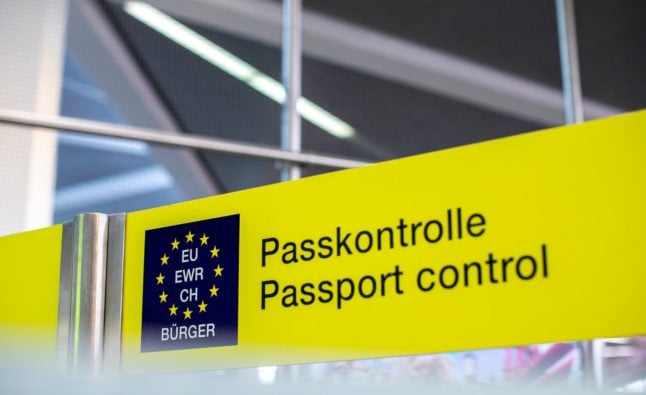In terms on politics, social system, demographics, and economy, Switzerland and America are, both literally and figuratively, worlds apart.
But if you are a US citizen who is moving to Switzerland for professional reasons (and lucky enough to be granted a work permit as a third country national), then you may want to know how the Swiss employment system compares with the American one.
Let’s look at general differences — that is, laws and practices applicable to the working population as a whole, and not just relating to the most fortunate employees like top-level executives, who typically have more benefits than the rank-and-file workers.
Wages
Much depends on your professional level, of course, but generally speaking, on average employees in Switzerland earn more than their US counterparts.
An average annual income in Switzerland is about 80,000 francs, while in the US it amounts to $59,428 (53,000 francs).
You may argue that cost of living is lower in the United States, so the money goes further there. This is true in a general sense, but on the other hand, taxes are lower in Switzerland.
Workers in Switzerland have more statuary protections
Swiss law grants certain rights to its employees, which the US legislation doesn’t.
For instance, Swiss workers are entitled to at least four weeks’ of paid vacation time per year.
READ ALSO: Everything you need to know about annual leave in Switzerland
In the US, on the other hand, there is no statutory minimum paid vacation. Instead, this is left up to the employers’ discretion.
According to the US Bureau of Labor Statistics (BLS), about one–third of private industry workers received 10 to 14 days of paid vacation after one year of service. After 10 years of service, 33 percent of private industry workers received between 15 and 19 days of paid vacation.
‘Sick days’
Swiss employment law only mandates that employers offer basic paid sick leave: generally, three weeks in your first year in the job, rising with each additional year to around four months max, depending on the canton.
However, many Swiss employers take out insurance that covers a more generous sick pay deal.
In the US, on the other hand, no law guarantees workers a single paid day off, and many aren’t even entitled to unpaid time.
According to BLS, only 77 percent of the private sector workforce has paid sick time. This means that almost one in four workers do not have even a single paid sick day.
Work-life balance
This phrase is used to describe a division of time between work and leisure activities. This means the ability to successfully combine work, family commitments, and personal life .
Here too, Switzerland (and Europe in general) has a definite edge.
The Better Life Index by the Organisaton for Economic Cooperation and Development (OECD), found that “in Switzerland, full-time workers devote a similar amount of their day on average to personal care (eating, sleeping, etc.) and leisure (socialising with friends and family, hobbies, games, computer and television use, etc.) as the OECD average of 15 hours.”
In the US, on the other hand, employees devote “less than the OECD average of 15 hours” to their non-work related activities.
Health insurance
Most US residents who are employed get their health insurance through their company.
In Switzerland, on the other hand, individuals are responsible for purchasing their own policies from one of the dozens of insurance providers.
It is difficult to say which approach is better; however, not having one’s health insurance tied to (and dependent on) a specific employer means that a person won’t be left without a coverage if he or she loses their job — even more so, considering how expensive medical care is in the United States.
READ ALSO: How does Switzerland’s healthcare system compare with the US?
Unemployment benefits
If you have worked — and paid into the Swiss social security system — for 12 months in the past two years, you are entitled to 260 days (approximately 37 weeks) worth of unemployment allowance.
In the case that you had been employed for at least 18 months, you will collect for 400 days.
Workers in most US states, on the other hand, are eligible for only 26 weeks of unemployment allowances.



 Please whitelist us to continue reading.
Please whitelist us to continue reading.
It may be true that taxes are lower in Switzerland, but US citizens still have to pay US federal taxes even when living abroad 🙁